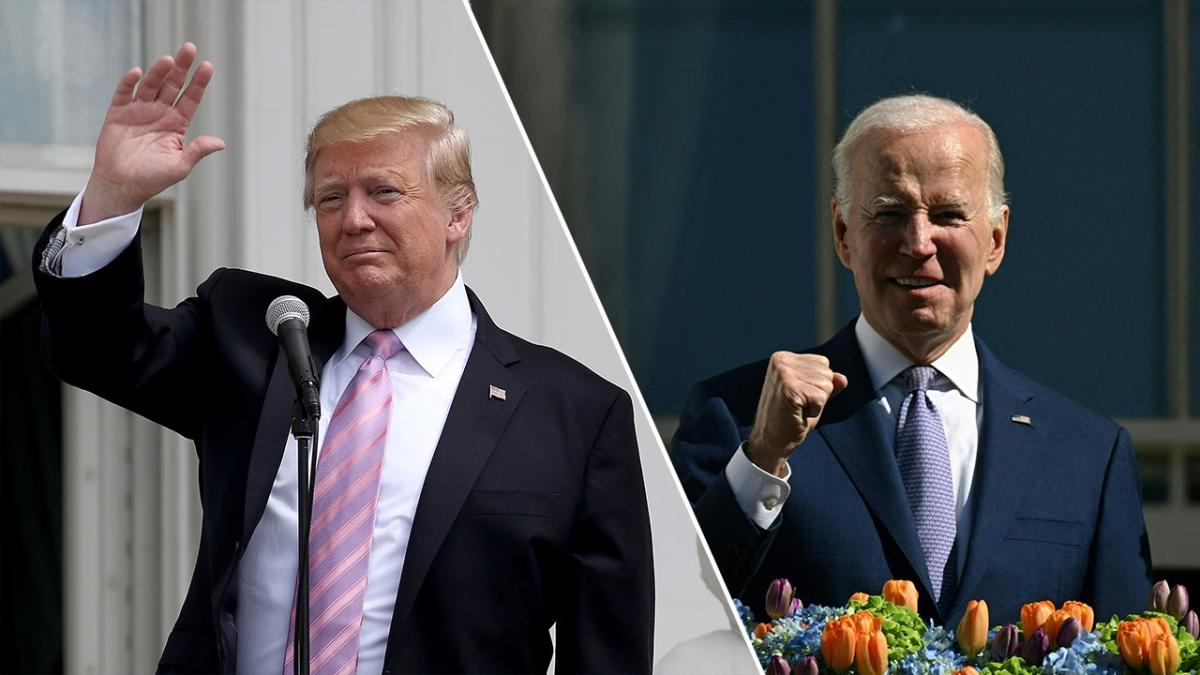Former US President Donald Trump has taken aim at President Joe Biden for designating March 31, coinciding with Easter Sunday this year, as “Transgender Day of Visibility.” Trump has accused President Biden, a Roman Catholic, of insensitivity toward religion.
Trump’s Rebuke: In a statement issued by Trump’s campaign, the former president expressed dismay over the decision to celebrate Transgender Day of Visibility on the same day as Easter. Trump condemned the move as “appalling and insulting,” particularly highlighting the alleged prohibition of children from submitting religious egg designs for an Easter art event in favor of acknowledging Trans Day of Visibility.
Religious Sensitivities: Trump’s criticism underscores concerns regarding the prioritization of one observance over another, particularly when it conflicts with deeply held religious beliefs. By aligning Transgender Day of Visibility with Easter, Trump suggests that President Biden’s administration has demonstrated insensitivity toward the religious sentiments of Americans, especially those observing Easter.
Cultural and Religious Overlap: The decision to proclaim Transgender Day of Visibility on Easter Sunday has sparked debate over the appropriate acknowledgment of diverse cultural and religious observances. Critics argue that conflating the two events diminishes the significance of Easter, a major religious holiday for millions of Christians worldwide.
Impact on Children: Trump’s campaign emphasized the alleged impact on children, suggesting that the administration’s actions may have restricted their expression of religious beliefs during Easter celebrations. The statement implies a broader concern about the potential suppression of religious freedoms and traditions under President Biden’s leadership.
Ongoing Debate: The clash between Transgender Day of Visibility and Easter reflects broader societal debates surrounding LGBTQ+ rights, religious freedom, and cultural recognition. As political figures like Trump continue to voice their opinions on these issues, the conversation around inclusivity and religious sensitivity remains at the forefront of public discourse.






